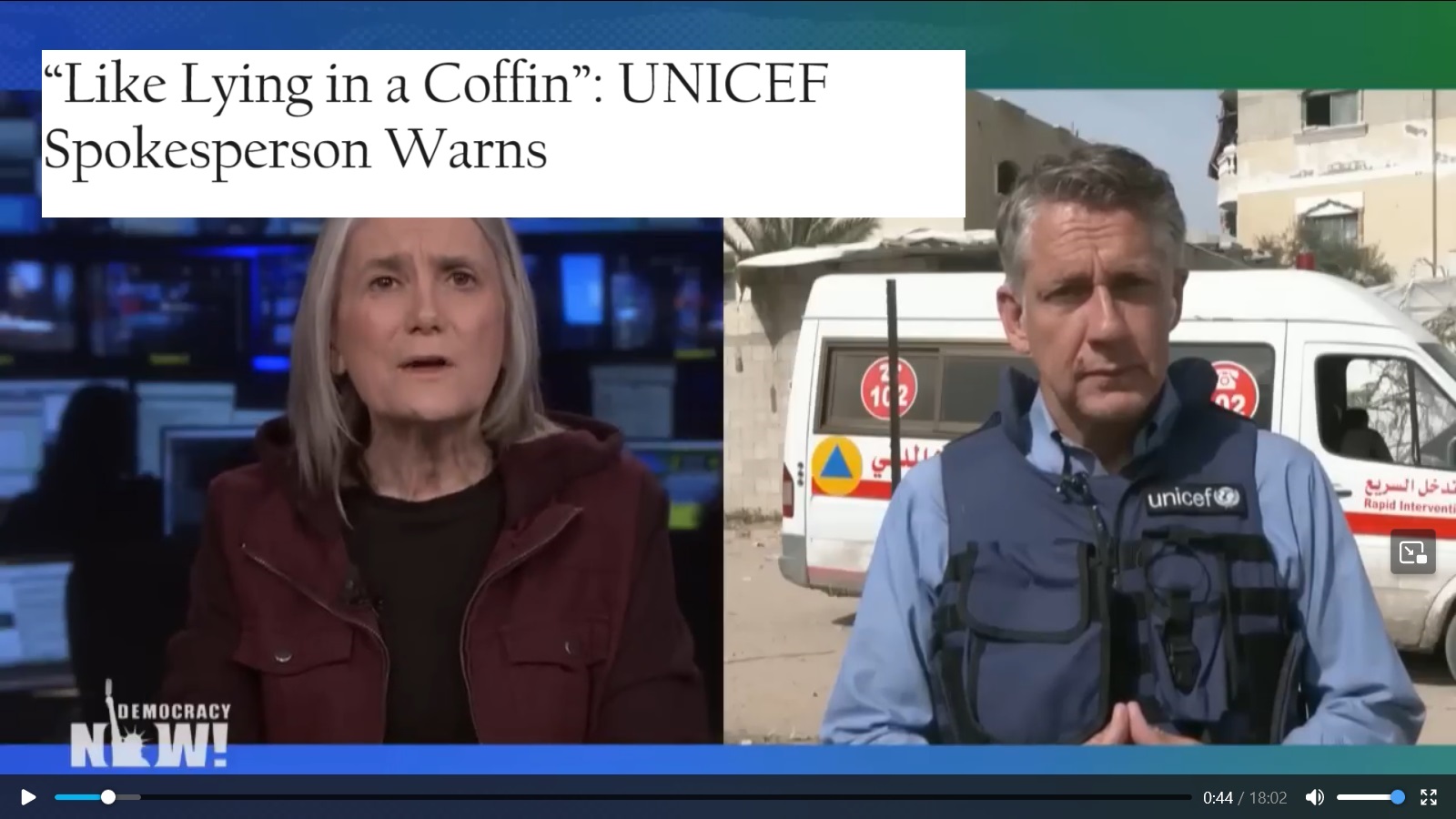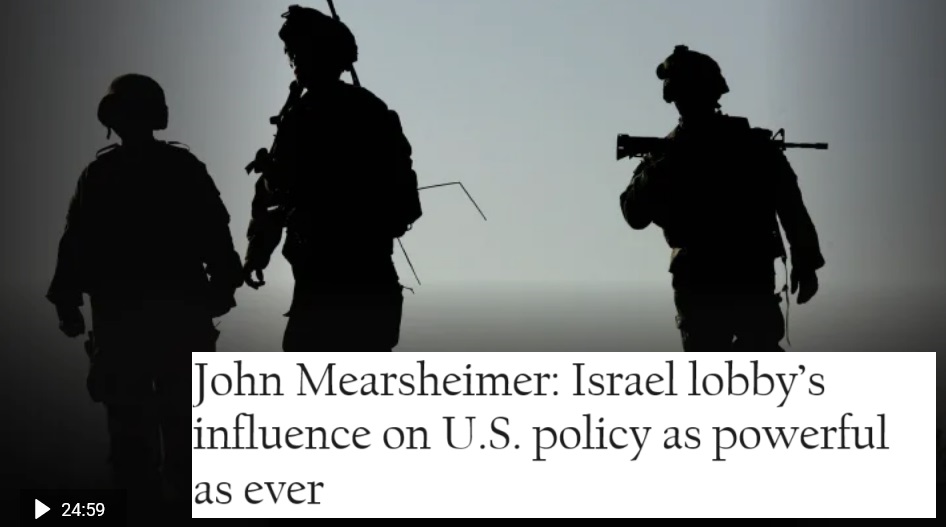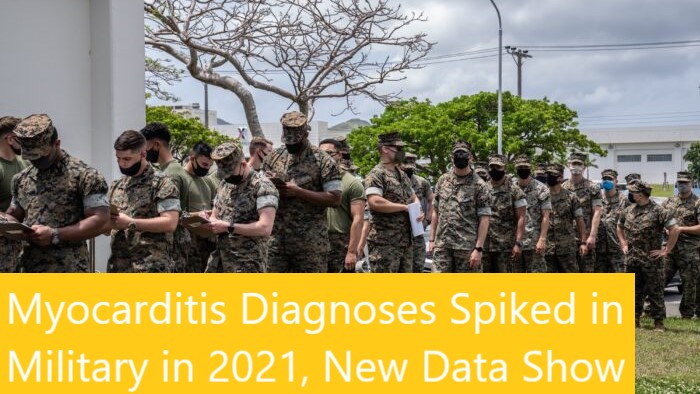U.S. Military Expands Role in West Africa
 Friday, April 11, 2008 at 01:04PM
Friday, April 11, 2008 at 01:04PM Brightly painted tattoos snake down Sgt. Joe Palko's outstretched arms as he separates two fighters in protective headgear and boxing gloves.
It is morning onboard the USS Fort McHenry, a 600-foot amphibious landing ship, and US Marines are teaching martial arts on the "Well Deck" deep in the ship's hull. Staff Sgt. William Sudbrock restarts the timer and a group of Liberian soldiers watch as their comrades lay into each other.
For the past five months, the Fort McHenry has been visiting countries on the coast of West Africa's Gulf of Guinea as part of a new initiative called the Africa Partnership Station (APS).
With the US military's Africa Command (AFRICOM) facing skepticism as it prepares to become fully operational in October, the activities of APS, both onboard and onshore, reveal the shape of future US military relations with Africa. "APS is a case study in the strengths that AFRICOM brings to bear," says its commander, Capt. John Nowell.
It is, says Captain Nowell, about preventing conflict from erupting by training local militaries, improving safety and security – in this case on the seas – and about "soft power" through the delivery of humanitarian support.
He points out that more than 1,200 soldiers and sailors from eight different countries have received training so far. Many of these cash-strapped countries lack either a functioning coast guard or navy, allowing an alarming rise in oil theft, drug trafficking, illegal immigration, piracy, and illegal fishing. The Fort McHenry also helped deliver food aid to Chadian refugees who fled across the border to Cameroon during a coup attempt earlier in the year.



















































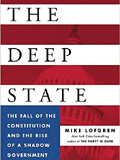

















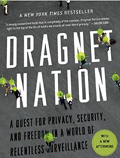
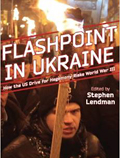



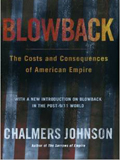










 Innocents and criminals alike, watch out. Starting next year, if you are charged with a violent crime, police will sample your DNA to enter into a database of offenders.
Innocents and criminals alike, watch out. Starting next year, if you are charged with a violent crime, police will sample your DNA to enter into a database of offenders.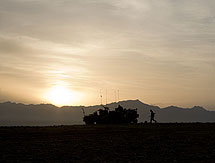 Dozens of Afghan men who were previously held by the United States at
Dozens of Afghan men who were previously held by the United States at 
 The
The  A new
A new 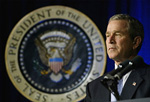 In January 2007, President George W. Bush announced a new approach to the war in Iraq. At the time, sectarian and insurgent violence appeared to be spiraling out of control, and Democrats in Washington -- newly in control of both houses of Congress -- were demanding that the administration start winding down the war.
In January 2007, President George W. Bush announced a new approach to the war in Iraq. At the time, sectarian and insurgent violence appeared to be spiraling out of control, and Democrats in Washington -- newly in control of both houses of Congress -- were demanding that the administration start winding down the war.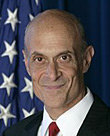 That question draws some 15,000 security professionals and IT bigwigs to San Francisco each year for the RSA Conference, taking place this week. There they learn about the newest threat to corporate networks, and are wooed by the makers of the newest flavor of corporate firewalls, intrusion detection devices and biometric doo-dads.
That question draws some 15,000 security professionals and IT bigwigs to San Francisco each year for the RSA Conference, taking place this week. There they learn about the newest threat to corporate networks, and are wooed by the makers of the newest flavor of corporate firewalls, intrusion detection devices and biometric doo-dads.  In its final hours before adjournment, the Maryland General Assembly passed a bill yesterday expanding the collection of DNA from crime suspects but balked at authorizing speed cameras in school zones and neighborhoods, capping a session in which the state's continuing fiscal challenges greatly shaped what was attempted and what occurred.
In its final hours before adjournment, the Maryland General Assembly passed a bill yesterday expanding the collection of DNA from crime suspects but balked at authorizing speed cameras in school zones and neighborhoods, capping a session in which the state's continuing fiscal challenges greatly shaped what was attempted and what occurred.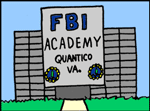 When FBI investigators probing New York prostitution rings, Boston organized crime or potential terrorist plots anywhere want access to a suspect's telephone contacts, technicians at a telecommunications carrier served with a government order can, with the click of a mouse, instantly transfer key data along a computer circuit to an FBI technology office in Quantico.
When FBI investigators probing New York prostitution rings, Boston organized crime or potential terrorist plots anywhere want access to a suspect's telephone contacts, technicians at a telecommunications carrier served with a government order can, with the click of a mouse, instantly transfer key data along a computer circuit to an FBI technology office in Quantico.